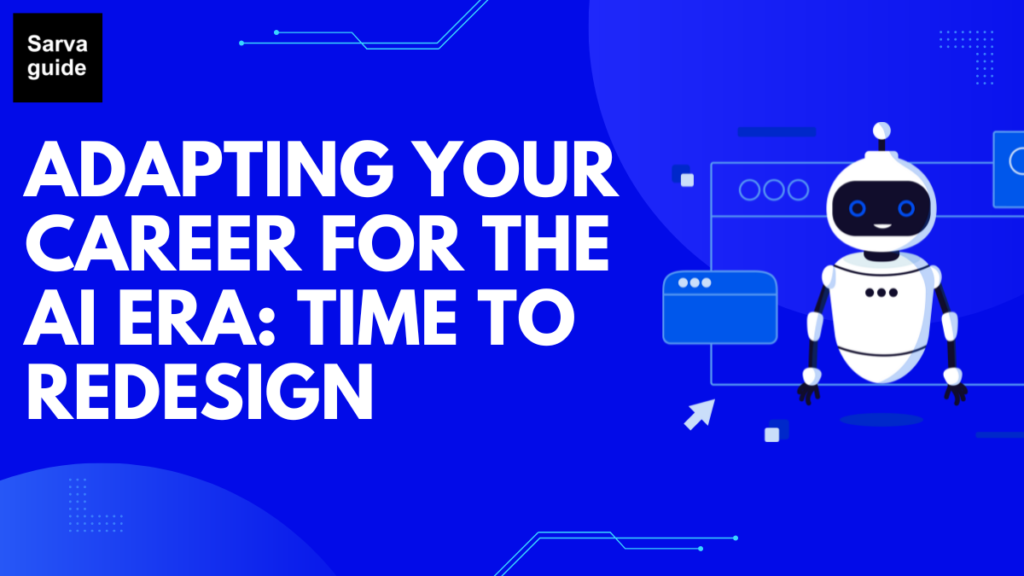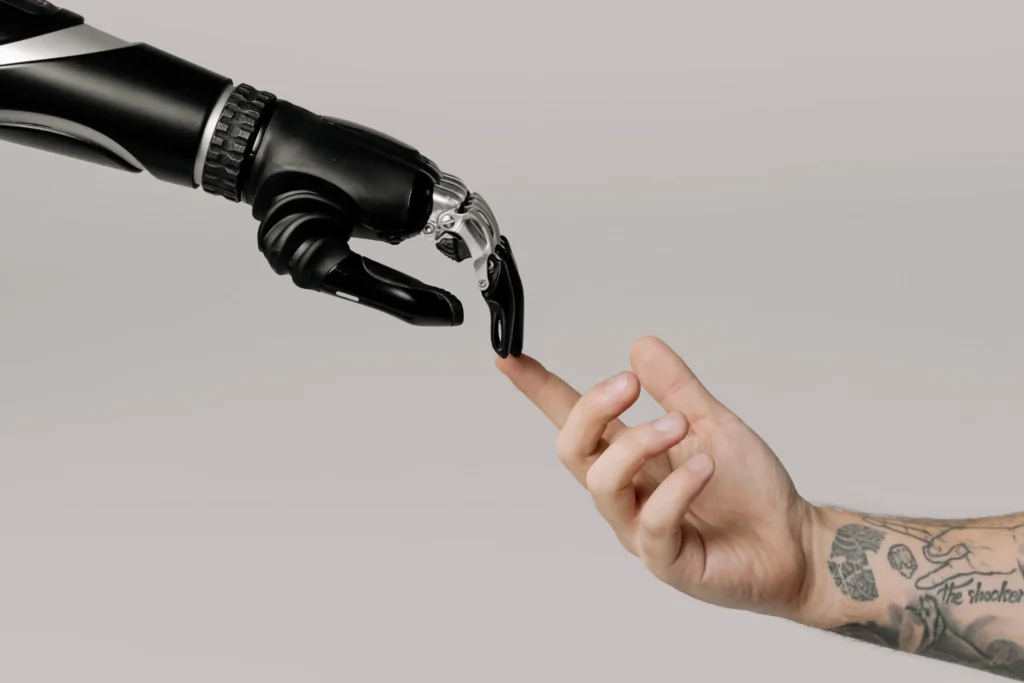|
Getting your Trinity Audio player ready...
|

Technology professionals will be impacted by the changes in their job through artificial intelligence. It will be necessary to refresh their skills and take on new strategies. The effect of AI on the career opportunities of professionals, managers, and professionals needs to be clarified, which is a mess of confusing information about the possibility of job loss and usurpation of authority to make decisions.
The rising popularity of AI, especially AI that is generative AI, will likely affect professions that require managerial or professional skills, according to an analysis conducted by Rakesh Kochhar from Pew Research. “Jobs with a high level of exposure to AI tend to be in higher-paying fields where a college education and analytical skills can be a plus. Workers with a bachelor’s degree or more (27%) are more than twice as likely as those with a high school diploma only (12%) to see the most exposure.”
But it is true that, as the Pew study suggests, workers in more vulnerable industries are not concerned that their job is at risk. The study also indicates that “they are more likely to say AI will help more than hurt them personally. For instance, 32% of workers in information and technology say AI will help more than hurt them personally, compared with 11% who say it will hurt more than it helps.”
Related
Shop Now
Vittorio Cretella, CIO of Procter & Gamble, does not believe that AI is a replacement for human talents; instead, it’s a way of amplifying the capabilities of those. “The continued rise of AI will change the type of work we do and how we do it, augmenting rather than replacing human capabilities,” Cretella claims. “We will still need the skills of digitally-savvy, creative human employees who can work effectively with machines.”
AI “will have a profound impact on employees across the whole organization, not only on expert roles such as data science or machine learning engineering,” Cretella says. “Nearly all employees, regardless of function, will need to get familiar with working with machines, exploring insights and leveraging recommendations which may often be different from what their previous experience would suggest.”
Corporate leaders’ goals of the AI time must shift to more investment into “talent and upskilling employees while in-sourcing strategic capabilities such as data science and machine learning engineering,” Cretella recommends. The balance must be maintained between executives and managers and executives, who “must facilitate the combination of human and machine strengths, creating the organisational focus and culture that encourages continuous learning and the application of AI to improve business outcomes.”
AI is a successful technology that “will amplify human skills, not simply substitute or replace them,” Cretella says. Cretella. “Key human-centric skills include curiosity, creativity, critical thinking, compassion and collaboration.”
The area where humans can most impact the outcome is with the definition of problems the author explains. It involves “decomposing a problem through key questions and identifying patterns before defining an algorithmic solution. We need leaders and teams to focus on that phase, develop interesting skills, and dedicate enough time before skipping to solutions.”
The P&G approach “always starts from the job to be done, whether about maximising media reach, improving manufacturing quality or defining the shelf layout for the best consumer shopping experience,” Cretella shows. “What matters is the capability to define hypotheses and problems, the curiosity to explore data and the power of AI to find the answers.”
It’s still a matter of curiosity and understanding what individuals require to thrive in today’s competitive business. “Technology alone does not change things – people do,” the CEO says. “The future of management is with an AI-savvy generation of business leaders who are curious, have little or no cognitive bias, and understand which organisation design, processes, and resources are needed to unleash the power of data and machine learning.”
Related



